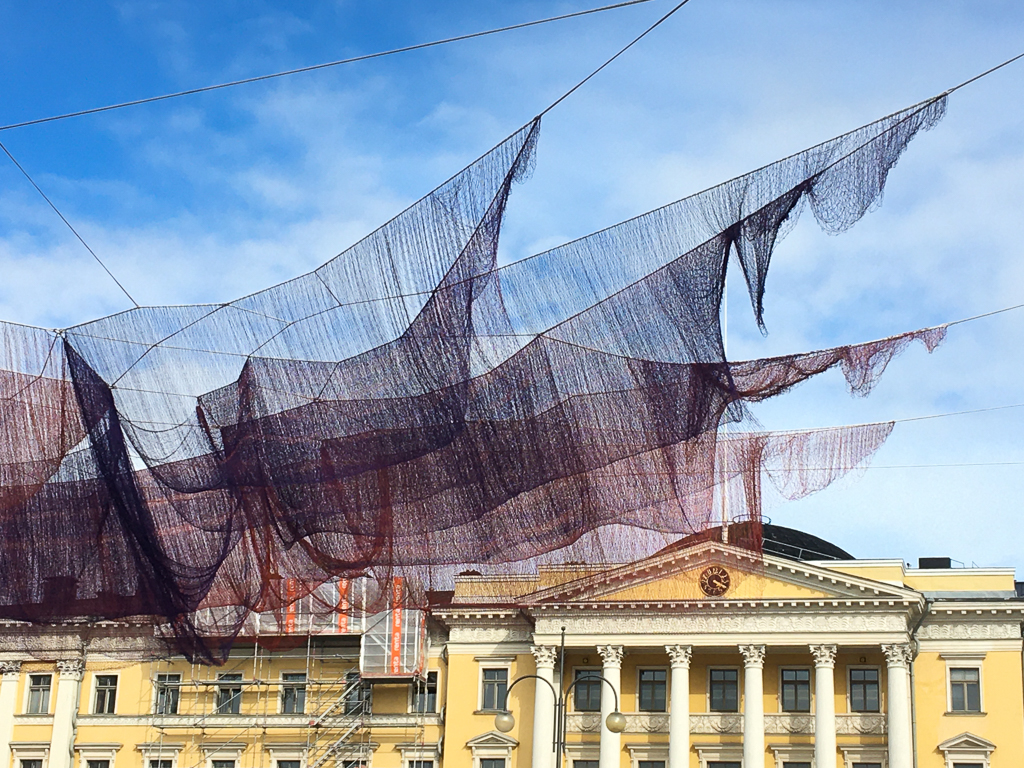Taboo is a forbidden word, a holy word — a word that must not be uttered in vain. By keeping quiet, we avoid telling the truth. So why do we submit to taboos and accept that some issues are not talked about?

Every culture has its own taboos, and politics is an endless source of them. In Finland we have had a tradition of giving a hard time to those who spoke negatively about Russia. Most of us remember how in 2007 the Minister of Defense Jyri Häkämies stated that our three biggest security threats are “Russia, Russia and Russia”. In his memoir Väistämättä (Unavoidably), Häkämies says that President Halonen gave him sour feedback on these opinions. In addition, he got plenty of warnings and rebukes from politicians, party media, and their interest groups.
Since 1944, negative statements related to Russia and its predecessor, the Soviet Union, used to belong to a “don’t talk about these issues” section. In the 1970s, many of today’s senior statesmen were young and enthusiastic – even eager to pass a law that would have made anti-Soviet speech punishable in Finland. Had that been done, and the penalties distributed, would we witness truth commissions and rehabilitations today?
The Soviets and Russians have started wars, carried out assassinations and cyberattacks, but this has not changed the attitude: “Yes, but Russia must be listened to”, we have been instructed.
When Russia attacked Ukraine with a huge concentration of troops in February 2022, the façade of taboos collapsed. The uninterrupted flow of news and social media posts showed that everything we had known about Russia, but we had shyly failed to say, was true. Now we are able to call Russian attackers robbers, rapists and perpetrators of genocide. We are still looking for expressions of the worst atrocities and war crimes.
The taboo based on dodging the truth has broken.
Another difficult issue has been NATO. Fact-based discussion was very difficult for decades. In polls and gallups, one fifth of Finns were in favour of joining NATO, one third opposed it, and the rest did not tell their opinion. In the public debate, however, the supporters of NATO membership in Finland were branded suspicious and blinded by their obsession. The opposers even kept labelling them as “horny for NATO”.
This taboo collapsed in March 2022, when the support for NATO quickly rose to more than 50 percent. In the first poll after the Russian invasion, the citizens revealed their cards and, one after another, politicians dared to follow suit. Two months later, ninety percent of MPs voted for joining NATO. What do we know now that we did not know at the beginning of February?
We are lucky to be able to do our history laundry in the Parliament and in the media. The situation is much more complicated for example in Latvia, where almost a third of the country’s population are Russian by mother tongue and culture. In April, I asked local communications consultants what the moral, economic and political collapse of Russia meant to them.
The answer is that Russia, its politics, culture and history, and its perception of right and wrong are becoming taboo. You must keep quiet about these issues. The nation is divided. Often, grandparents born during the Soviet era, parents who saw independence, and millennial children have very different perceptions of East, West, and the war. The “iPhone generation” and the “Victory Day generation” do not understand each other at all. Their lifestyles, consumption and values are completely different. Even cooking leads to quarrels when burgers and cabbage soups collide.
One consultant I talked to, who holds a PhD in communications and teaches PR at the university, said she can’t find a way to talk to her parents, even though they knew about the injustices of the Soviet occupation. The family can only talk about the weather – because the weather is the same for everyone. Too many other words are taboo.
Alpo Räinä
The article was published in Marketing Finland’s MRKTNG magazine on 19 May 2022.